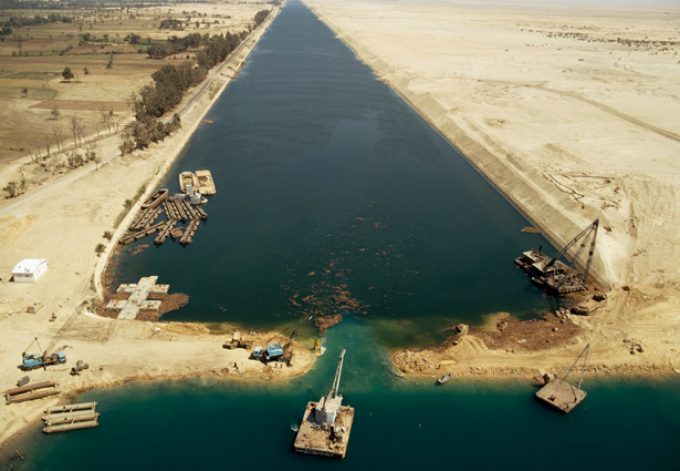More blanked sailings: 'Carriers will not sit on their hands while rates collapse'
Despite large parts of the Chinese workforce continuing to enjoy the new year holiday, there ...

With shippers seeking longer transit times during coronavirus lockdowns, The Loadstar understands that carriers are considering routing some Asia-North Europe headhaul voyages via the Cape of Good Hope.
It was reported last week that CMA CGM had re-routed its 16,020 teu CMA CGM Alexander Humboldt to Asia via South Africa, taking advantage of plummeting bunker prices and saving Suez Canal tolls.
According to Vessel Finder AIS data, the scrubber-fitted ship was recorded this morning off the South African coast and due to arrive ...
MSC port arm to buy Hutchison ports including Panama and Felixstowe
Latest strike will cause ‘massive' disruption at German airports
Liners cut long-haul sailings, but 'it won't be enough' to stop rates tumbling
TPM: Gemini carriers making good on schedule reliability promise, so far
DHL Global Forwarding misses profit expectations, despite strong Q4
Asia-Europe FAK price hikes manage to halt 13-week rate decline
TPM: Shipper-carrier power pendulum now swinging towards liners


Comment on this article